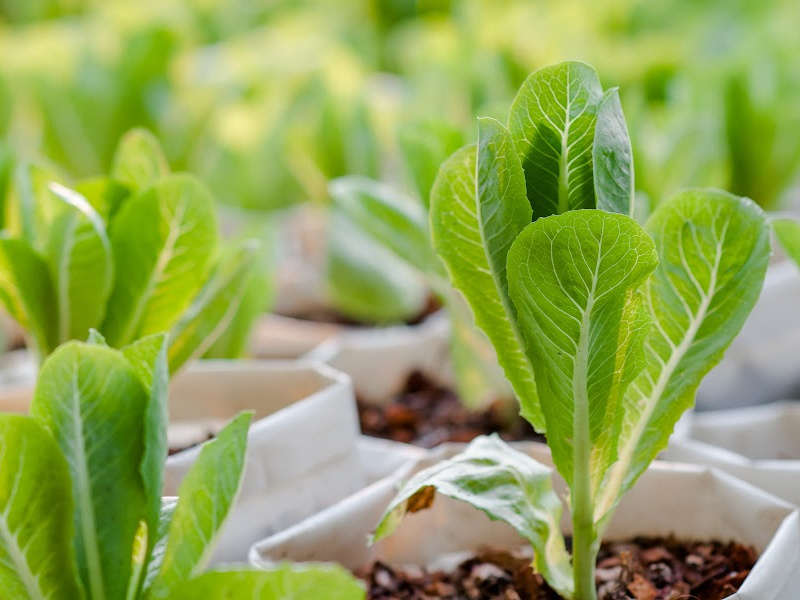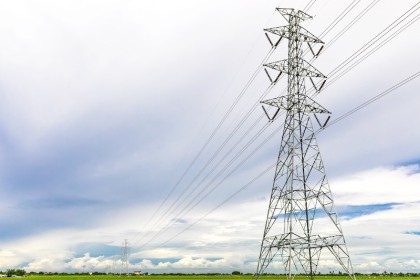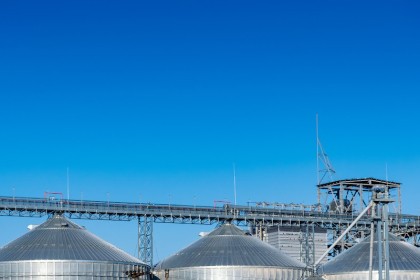
The Future of Agriculture: A Look at Natural and Sustainable Methods
Curious about the future of agriculture? Learn more about natural and sustainable methods that are helping farmers achieve success in a changing world.
According to the International Trade Administration, farming is a thriving and diverse sector in South Africa, with approximately 32 000 commercial farms. Despite the industry’s long-standing history, the impact of climate change on agriculture has caused farmers to rethink sustainability in the long run. This article will discuss the future of agriculture in South Africa, focusing on natural and sustainable methods.
The Impact of Climate Change On Agriculture
The impact of climate change on agriculture poses a severe threat to farmers’ livelihoods. Temperature changes, changes in the amount of rainfall and extreme weather events are already being felt across South Africa.
An article by The Conversation found that temperatures in Southern Africa rose up to 1⁰C over the past 100 years. This means that crop productions struggle to grow, and livestock can become weaker and more susceptible to disease.
The implications of extreme weather conditions have caused some farmers to lose their entire harvest, resulting in economic losses. The food production industry is also affected, as food prices are unaffordable for many. News24 states that the largest expense for many adults is their groceries. With a calculated average of between R1 001 and R2 500 per month, rising food prices can be detrimental to low-income households.
In light of these impacts, farmers must consider long-term sustainability and how to secure food production.
Organic Farming In South Africa: A Possible Solution?
Organic farming, also known as natural farming, is a method of growing and producing food without the use of chemical fertilisers, pesticides or other artificial inputs. Organic farming promotes environmentally-friendly practices while providing alternative solutions to chemical farming and modern industrial agriculture.
Sustainable and Innovative Farming Technologies
There are a lot of sustainable and innovative farming technologies being used in South Africa to promote natural farming. These technologies help farmers to increase their yield and reduce their costs. Here is a list of some of the sustainable technologies being used:
1. Biodynamic Farming:
Biodynamic farming is the practice of raising animals on a farm to replenish soil fertility and enhance plant growth. The goal is to create an ecosystem within the farm where animals, plants and insects live in harmony.
2. Hydroponics:
Hydroponics in South Africa is a technique where soil is replaced by water. This type of farming uses nutrient-rich water and does not rely on soil. GrowGuru states, "Plants grow faster in hydroponics, meaning higher yields and quicker harvests for cash crops.”
3. Organic Growth Stimulants:
Organic growth stimulants are substances, such as extracts from seaweed or compost tea, that can be used in farming to naturally stimulate plant growth. World Focus’s Gliogrow is the perfect example of a product used to promote natural growth.
4. Vertical Farming:
Vertical farming is an innovative and sustainable farming system that uses multiple layers of vertically stacked plants to maximise land use efficiency. With water constraints in South Africa, this technique allows farmers to save up to 95% of water usage. Vertical farming’s future prospects are quite positive and could be an effective solution for the South African environment.
What Are The Benefits of Natural Farming?
The benefits of natural farming are far-reaching. Below are a few reasons why this method of farming is so beneficial:
Organic farming in South Africa can help conserve natural resources such as soil, water and biodiversity. It does not rely on artificial inputs like synthetic fertilisers or pesticides, which can contaminate the soil and water.
Soil quality is key to conservation. Instead of following in the footsteps of industrial agriculture, sustainable agriculture replaces chemical fertilisers with organic fertilisers. This encourages the presence of beneficial microorganisms in the soil, which can improve its fertility and structure.
As urbanisation continues and the population grows, natural farming in South Africa can ensure food security for all. Sustainable agricultural practices are more likely to reduce the price of food and increase the quality of food.
Chemical inputs equal higher costs. With natural farming, the cost of inputs is significantly lower as organic fertilisers, composts, and manure are cheaper than artificial fertilisers. In addition, natural farming reduces the costs of weeding, insect control and other farm operations, which helps with overall cost efficiency.
Become Part Of Sustainable Agriculture
The future of agriculture lies in sustainable farming methods. Sustainable agricultural practices are the best way to ensure food security and environmental conservation for future generations.
If you want to learn about these innovative techniques, contact us today!












